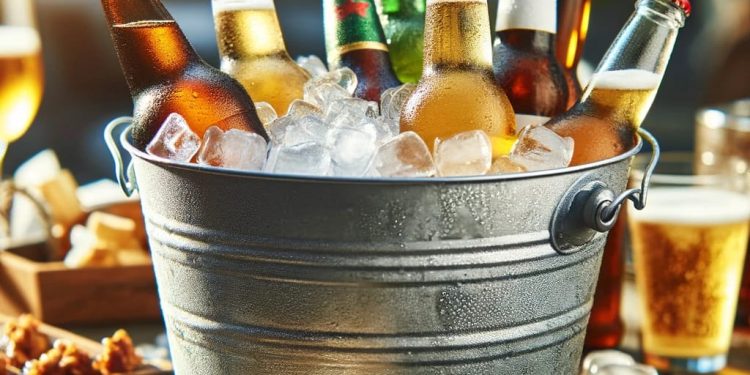Starting July 30, 2025, buying alcohol in Kenya will no longer be as simple as walking into a supermarket or placing an online order.
In a sweeping overhaul of national alcohol policy, the Kenyan government has raised the legal drinking age from 18 to 21 and effectively outlawed alcohol sales in nearly all public, residential, and digital spaces.
The move is part of the newly revised framework by the National Authority for the Campaign Against Alcohol and Drug Abuse (NACADA), which now treats alcohol and substance abuse as a public health emergency. 
Under the new directive, alcohol will no longer be sold in:
Supermarkets
Home delivery or courier services
Residential estates
Online platforms
Restaurants and eateries
All schools and institutions of learning
Beaches, parks, amusement centers, and public recreational spaces
Hospitals, sports facilities, and petrol stations
Public transport hubs (bus stops, railway stations, piers, highways)
Shops selling children’s goods
Street vendors and hawkers
Vending machines
Essentially, alcohol is being forced out of everyday life and into heavily regulated zones.
“We are dealing with a national crisis. These reforms are not optional,” a senior NACADA official said. “This is about saving lives and safeguarding the country’s future.”
The bold move has already split public opinion.
Health experts and parent associations have applauded the crackdown, saying early exposure to alcohol is destroying young lives and burdening families and healthcare systems.
But retailers, hospitality players, and online vendors are warning of massive financial losses with some already bracing for layoffs and closures.
The government acknowledges these concerns but insists the current alcohol landscape is unsustainable, especially with rising underage drinking and reports of children as young as six accessing alcohol at home.
The rollout will be backed by strict enforcement and potential penalties for non-compliance.
While details on licensing and permitted outlets remain limited, officials say the goal is to dramatically reduce access, especially in informal and youth-heavy areas.
With these changes, Kenya joins a growing list of African nations turning to tough, no-nonsense policies to curb substance abuse.
Whether this crackdown succeeds or sparks a thriving black market will depend on how decisively it’s enforced and how communities respond.





















